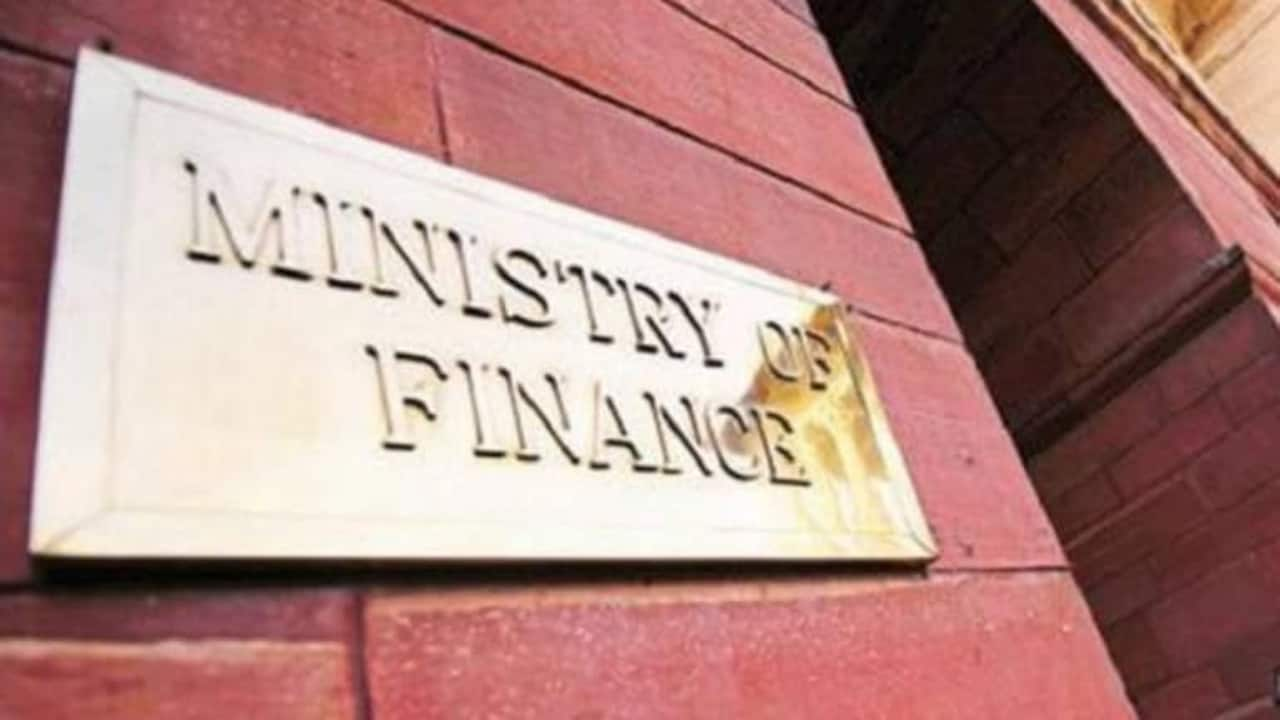Ruto Under Pressure: Controversial Finance Bill 2025 Passes Parliament, Sparking Public Outcry

Ruto's Finance Bill 2025 Faces Intense Scrutiny After Parliamentary Approval
Kenya's President William Ruto is facing mounting pressure following the contentious passage of the Finance Bill 2025 through Parliament. The Bill, a cornerstone of the government's revenue-raising strategy for the upcoming fiscal year, has ignited widespread public anger and protests, raising serious questions about its potential impact on the Kenyan economy and the livelihoods of ordinary citizens.
What's in the Bill and Why the Controversy?
The Finance Bill 2025 proposes a range of new taxes and adjustments to existing ones, aimed at bolstering government revenue and funding President Ruto's ambitious economic agenda. Key proposals include increased taxes on mobile money transactions, a digital services tax, and adjustments to excise duties on various goods. While the government argues these measures are necessary to reduce the country's debt burden and finance crucial development projects, critics contend that they will disproportionately affect low-income earners and stifle economic growth.
Public Outrage and Protests
The Bill's passage has been met with fierce opposition from a broad coalition of civil society groups, opposition politicians, and ordinary Kenyans. Demonstrations have erupted in several major cities, with protesters voicing concerns about the potential for increased hardship and economic inequality. Social media has also been ablaze with criticism, with many Kenyans using hashtags like #FinanceBill2025 and #RejectFinanceBill to express their disapproval.
Economic Implications and Potential Impact
Economists are divided on the potential impact of the Finance Bill. Supporters argue that the increased revenue will allow the government to invest in infrastructure, education, and healthcare, ultimately boosting economic growth. However, critics warn that the new taxes could dampen consumer spending, discourage investment, and lead to job losses. The impact on the informal sector, which accounts for a significant portion of Kenya's economy, is also a major concern.
Ruto's Response and the Way Forward
President Ruto has defended the Finance Bill, insisting that it is essential for the country's long-term economic stability. He has urged Kenyans to remain calm and patient, assuring them that the government is committed to mitigating any negative impacts. However, the scale of public opposition suggests that Ruto faces a significant challenge in gaining public support for his economic policies. The government may be forced to consider amendments or concessions to address the concerns of the public and opposition. The coming weeks will be crucial in determining the future of the Finance Bill and its impact on Kenya's economic trajectory.
Looking Ahead: Political and Economic Uncertainty
The passage of the Finance Bill 2025 has created a climate of political and economic uncertainty in Kenya. The government's ability to navigate this challenging period will depend on its willingness to engage in dialogue with stakeholders, address public concerns, and demonstrate a commitment to inclusive economic growth. Failure to do so could lead to further social unrest and undermine investor confidence.






